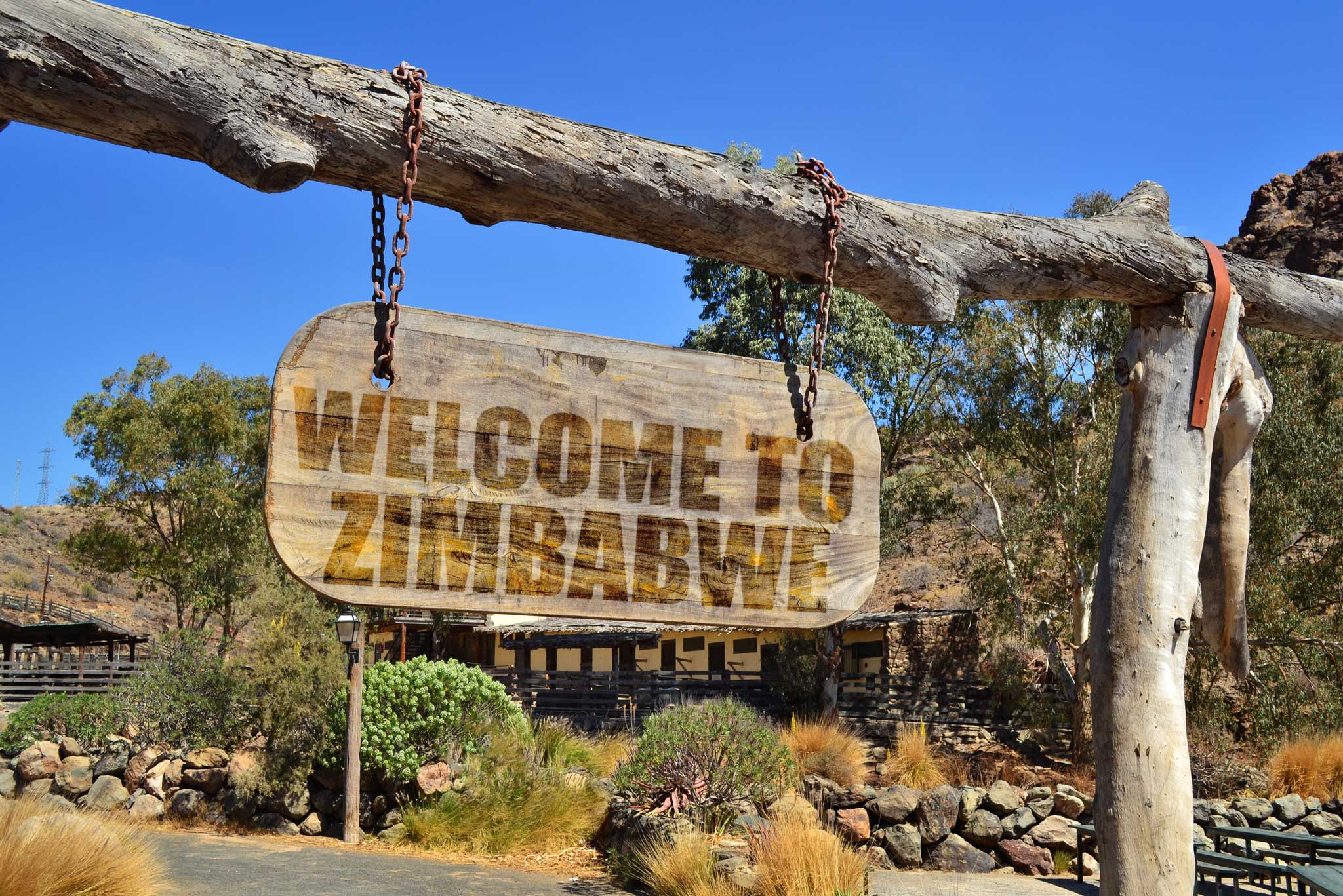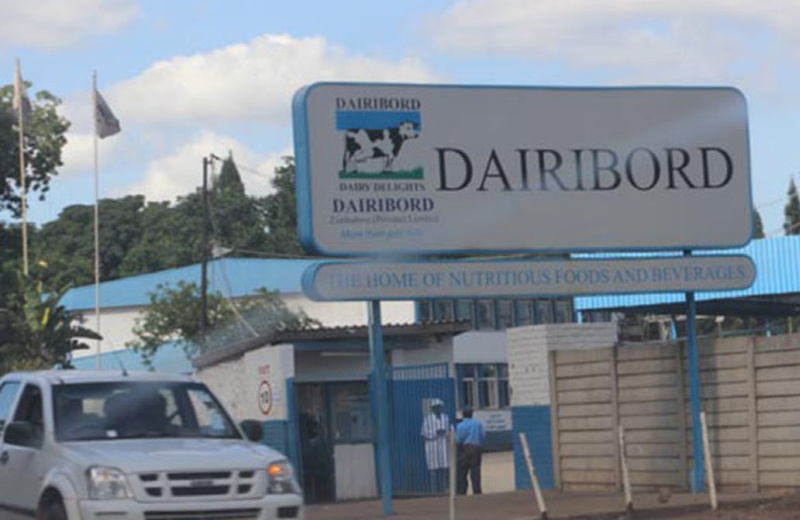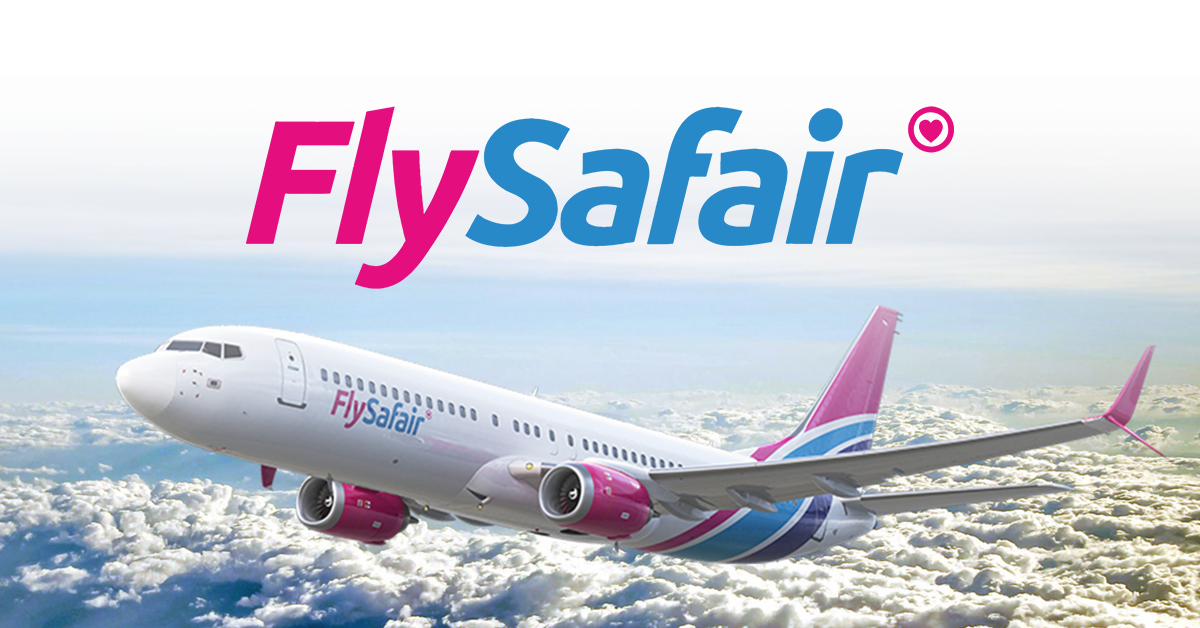Seeing one’s portfolio dip can be nerve-racking
The Zimbabwe Stock Exchange (ZSE) finally took a breather on Wednesday, bringing to an end an upward trajectory that had lasted for 12 trading days since May 30, 2021.
By the end of that period, the ZSE’s market capitalisation had reached a record peak of $714,7 billion. It’s not yet clear why the market took a breather, but it could be anything from profit taking to market correction.
Some market watchers are of the opinion that the market is now overvalued, but only keeps going up for lack of investment alternatives in the local market.
The ZSE’s market capitalisation is currently above US$5 billion, even if one uses the highest exchange rate prevailing in the market. Suggestions that the market is overweight are thus not far-fetched and under such circumstances profit taking or market corrections are expected.
On Wednesday, 20 stocks closed in the red while 14 were positive. Those who sold a day before could be happy with their decisions. Those who did not sell could be regretting and getting worried.
Seeing one’s portfolio dip can be nerve-racking. Could it be a market correction? Is it just a blip?
Anticipating a correction can be stressful. But if one is going to invest in the market, it is best to understand that stock market corrections are going to occur, and it is often best to just ride them out. By trying to trade during a correction, investors risk pulling out of the market only to see it bounce back in no time as often been the case this year.
If one does not want to suffer the nerve-racking experience during a market correction, there are certain types of stocks that one must hold in their portfolio. For educational purposes, and definitely not investment advice, I mention below some companies that fit into certain types of stocks.
Safe stocks
Safe stocks are stocks whose share prices make relatively small movements up and down compared with the overall stock market. BAT Zimbabwe is one such low-volatility stock.
Value stocks
Value stocks have reliable business models that can stand the test of time, and can be good choice for those seeking more price stability. National Foods has such characteristics.
Growth stocks
Growth stocks have businesses that tap into strong and rising demand among customers. Competition can be fierce, though, and if rivals disrupt a growth stock’s business, it can fall from favour quickly. Stocks such as Delta and Econet fit into this category.
Large stocks
Companies with the biggest market capitalisations are called large-cap stocks. Large-cap stocks are generally considered safer and more conservative as investments. Delta is currently the largest company on the ZSE with a market capitalisation of $93,5 billion (as at June 16) constituting 13,24 percent of the total market capitalisation.
Cyclical stocks
Cyclical stocks include shares of companies in industries like manufacturing. An economic downturn can take away customers’ ability to make major purchases quickly. When economies are strong, however, a rush of demand can make these companies rebound sharply.
Non-cyclical stocks
Such stocks don’t have big price swings in demand. An example would be grocery store chains such as OK Zimbabwe, because no matter how good or bad the economy is, people still have to eat. Non-cyclical stocks tend to perform better during market downturns.
Blue chip stocks
This category has businesses that lead their respective industries and have gained strong reputations. These typically don’t provide the absolute highest returns, but their stability makes them favourites among investors with lower tolerance for risk.-ebusinessweekly.coz.e










